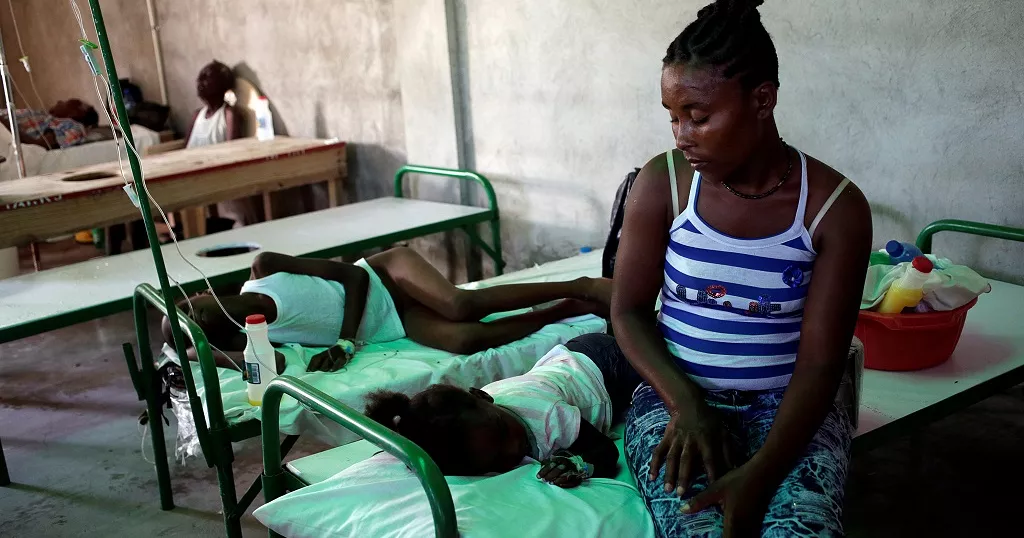Angola is currently grappling with a severe cholera outbreak, marking one of the most alarming public health crises the country has faced in recent years. As of April 2025, health officials have reported over 8,500 confirmed cases and 329 deaths spread across 16 of Angola’s 18 provinces. The World Health Organization (WHO) has classified the risk of further spread as \"very high,\" citing factors such as limited access to clean water, poor sanitation infrastructure, and the ongoing rainy season, which exacerbates the transmission of waterborne diseases.
In response to the escalating situation, Angola’s Ministry of Health, in collaboration with international partners, has launched intensified vaccination campaigns targeting high-risk communities. Oral cholera vaccines are being distributed in affected areas, and mobile health teams have been deployed to improve early detection and treatment efforts. Alongside vaccination, widespread public health campaigns are underway to raise awareness about preventive measures, such as safe drinking water practices, handwashing, and proper food hygiene.
The outbreak has placed tremendous strain on Angola’s healthcare system, already stretched thin by other infectious diseases and limited medical resources. Hospitals and clinics in the hardest-hit provinces, including Benguela, Luanda, and Huambo, are overwhelmed with patients, prompting the establishment of temporary treatment centers to manage the surge in cases.
International aid agencies, including UNICEF and Médecins Sans Frontières, are providing critical support, delivering medical supplies, clean water, and sanitation equipment to affected communities. However, officials warn that unless immediate and sustained actions are taken, the outbreak could spiral further out of control, especially in densely populated urban areas.
The cholera crisis in Angola highlights the urgent need for long-term investments in water and sanitation infrastructure, health system resilience, and public health education to prevent future outbreaks and safeguard the well-being of vulnerable populations.


















Fausta
So sad
Polina
Hmm
Suhuyini
Okay
Keydonn
So sad
Adungchaab
Yh
hossman
Rich with resource but the people keeps suffer